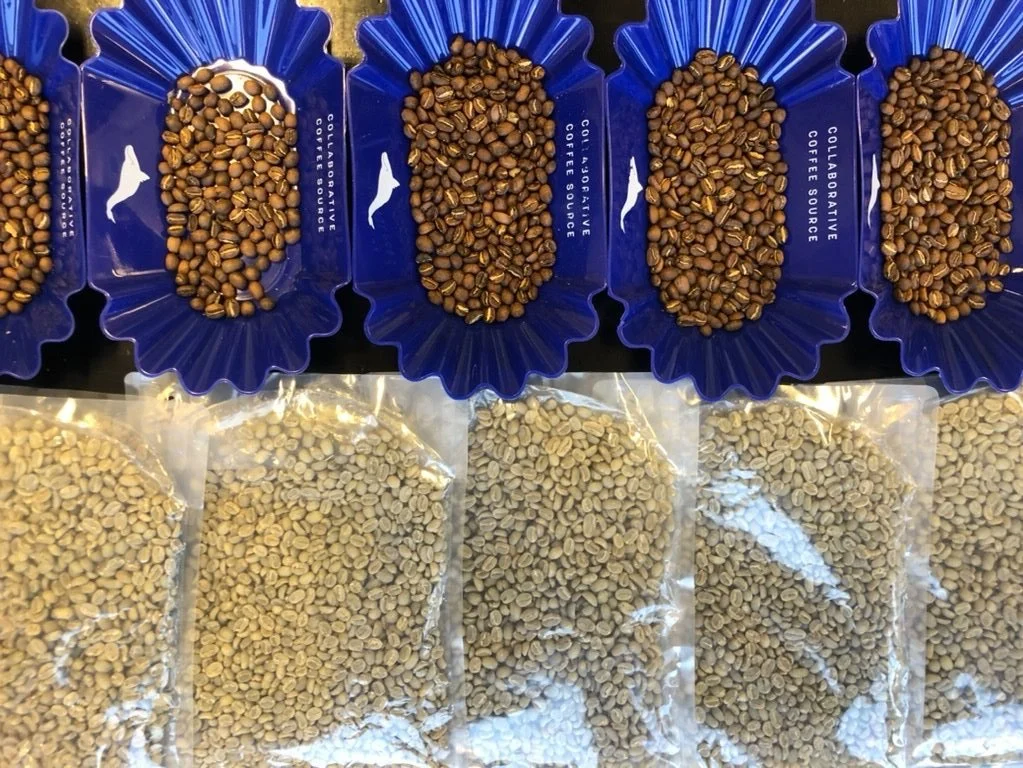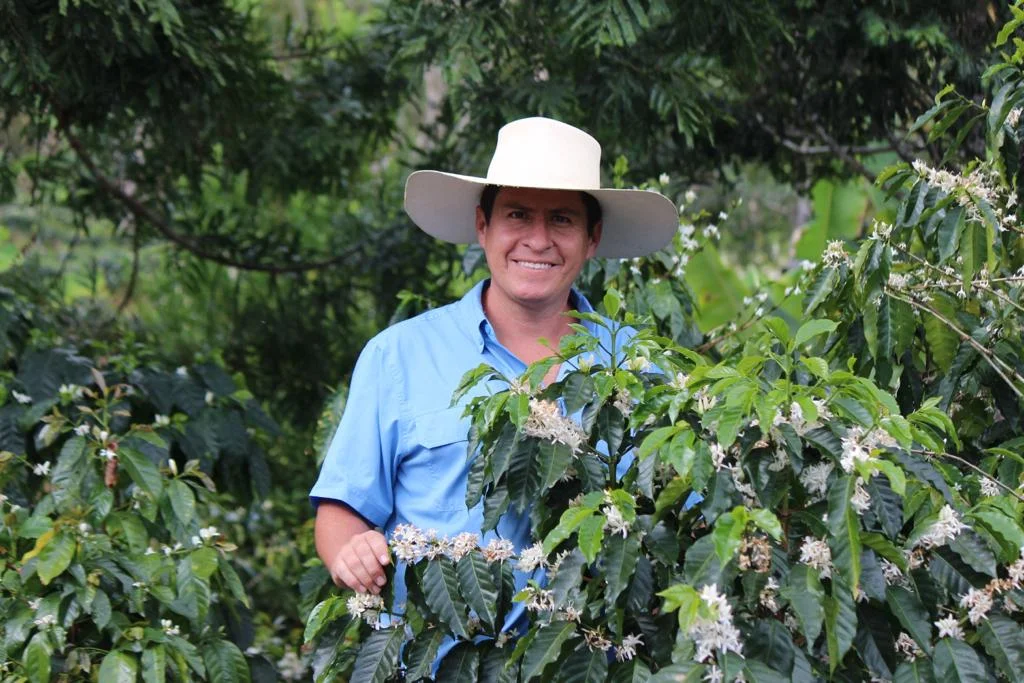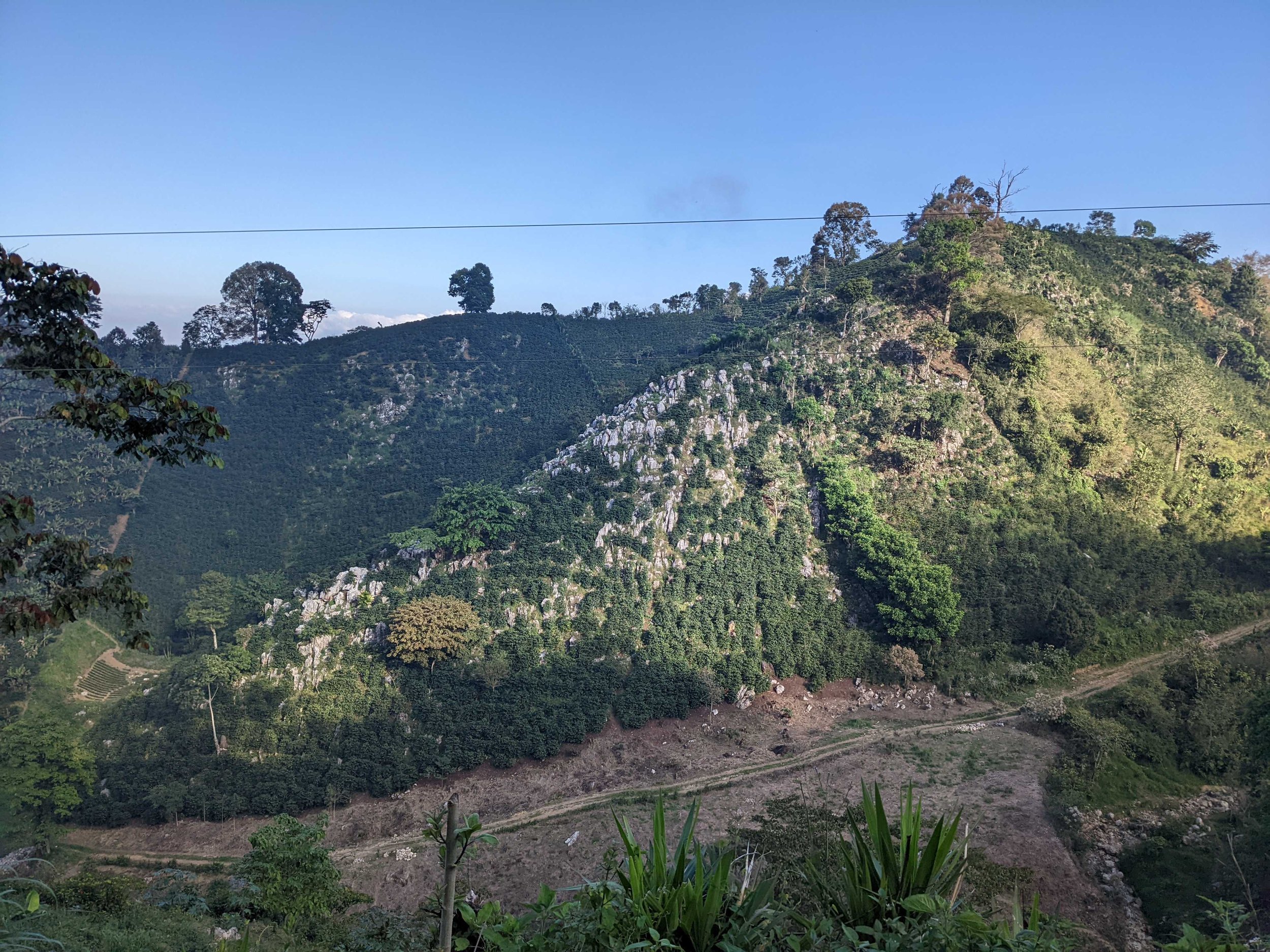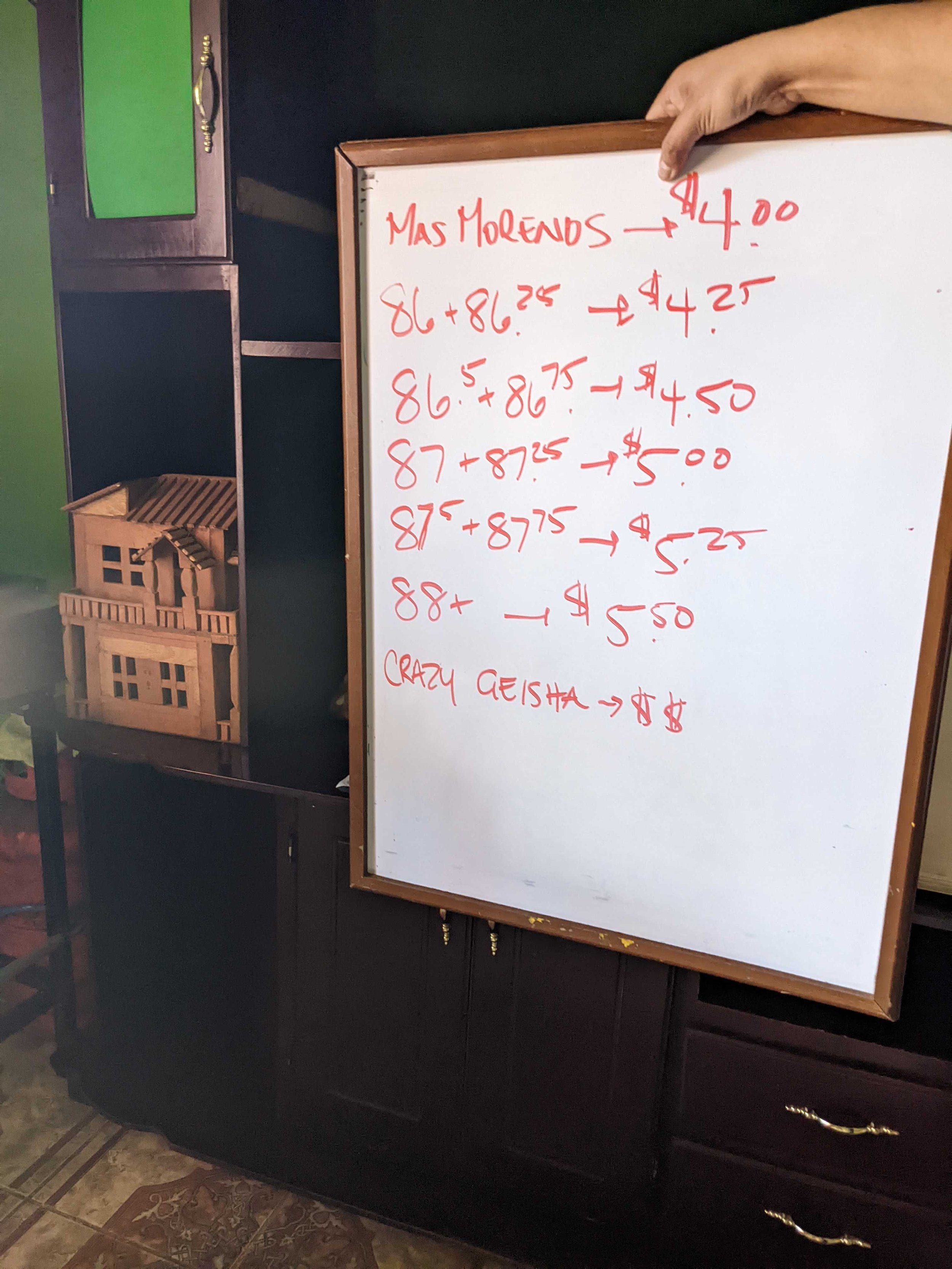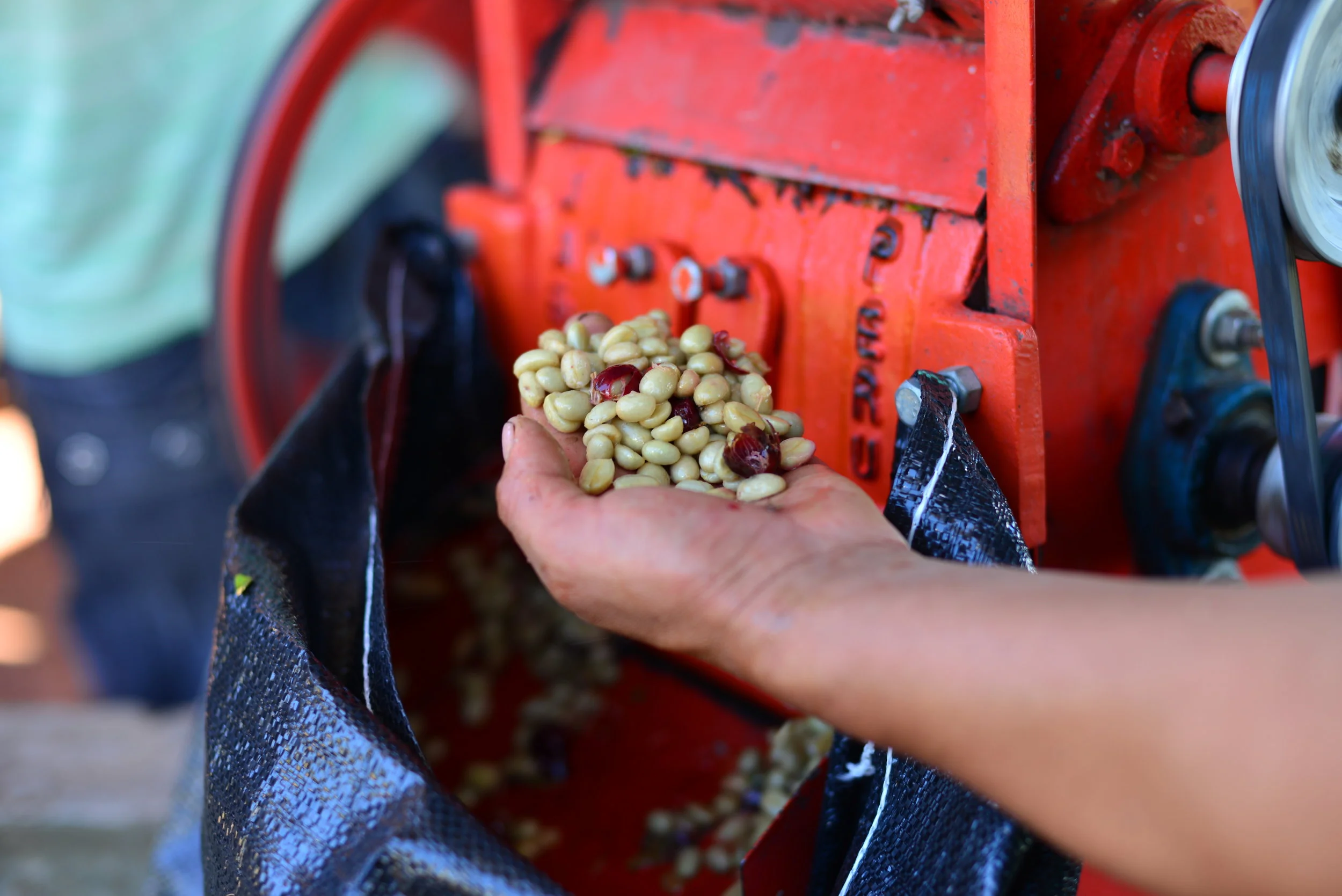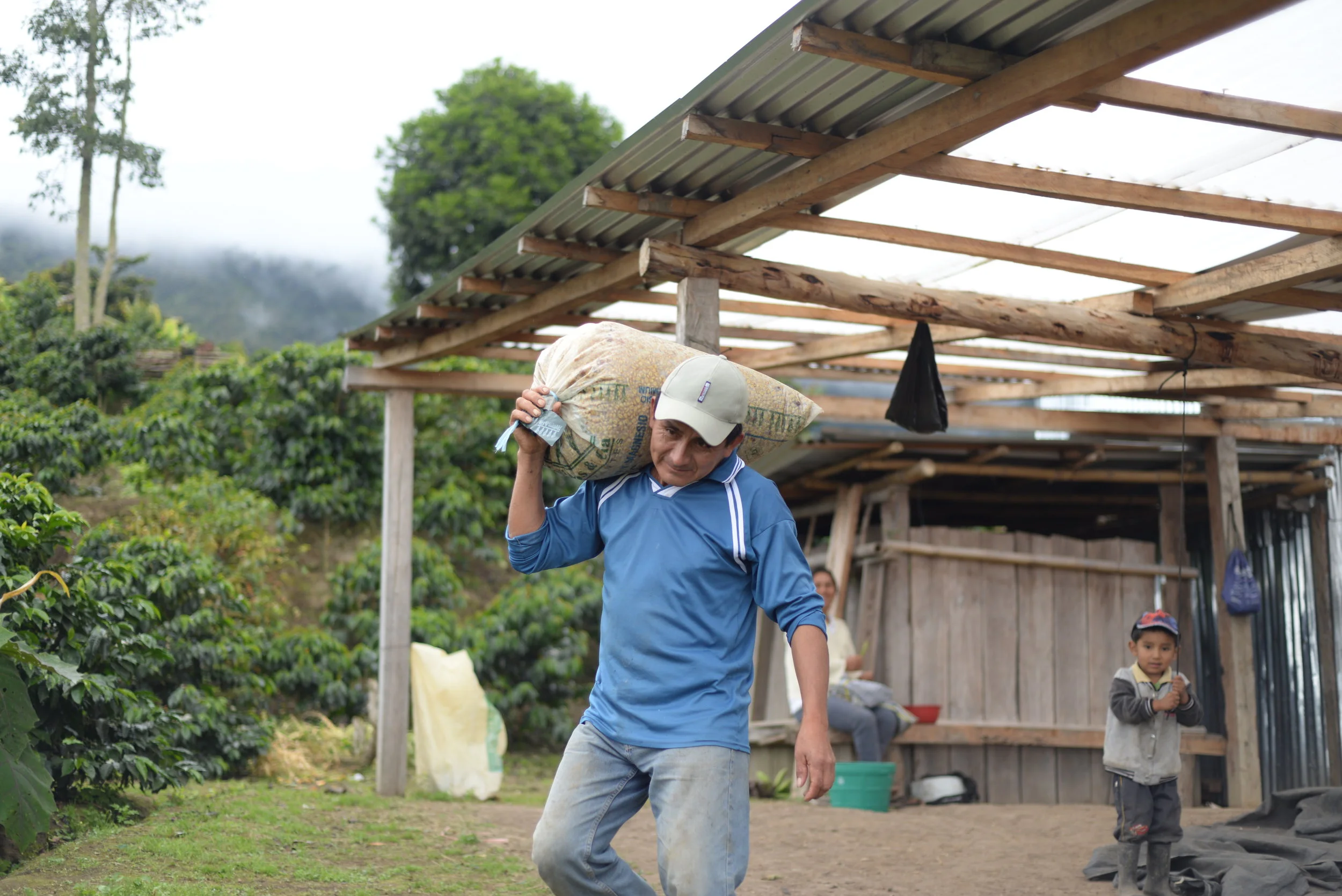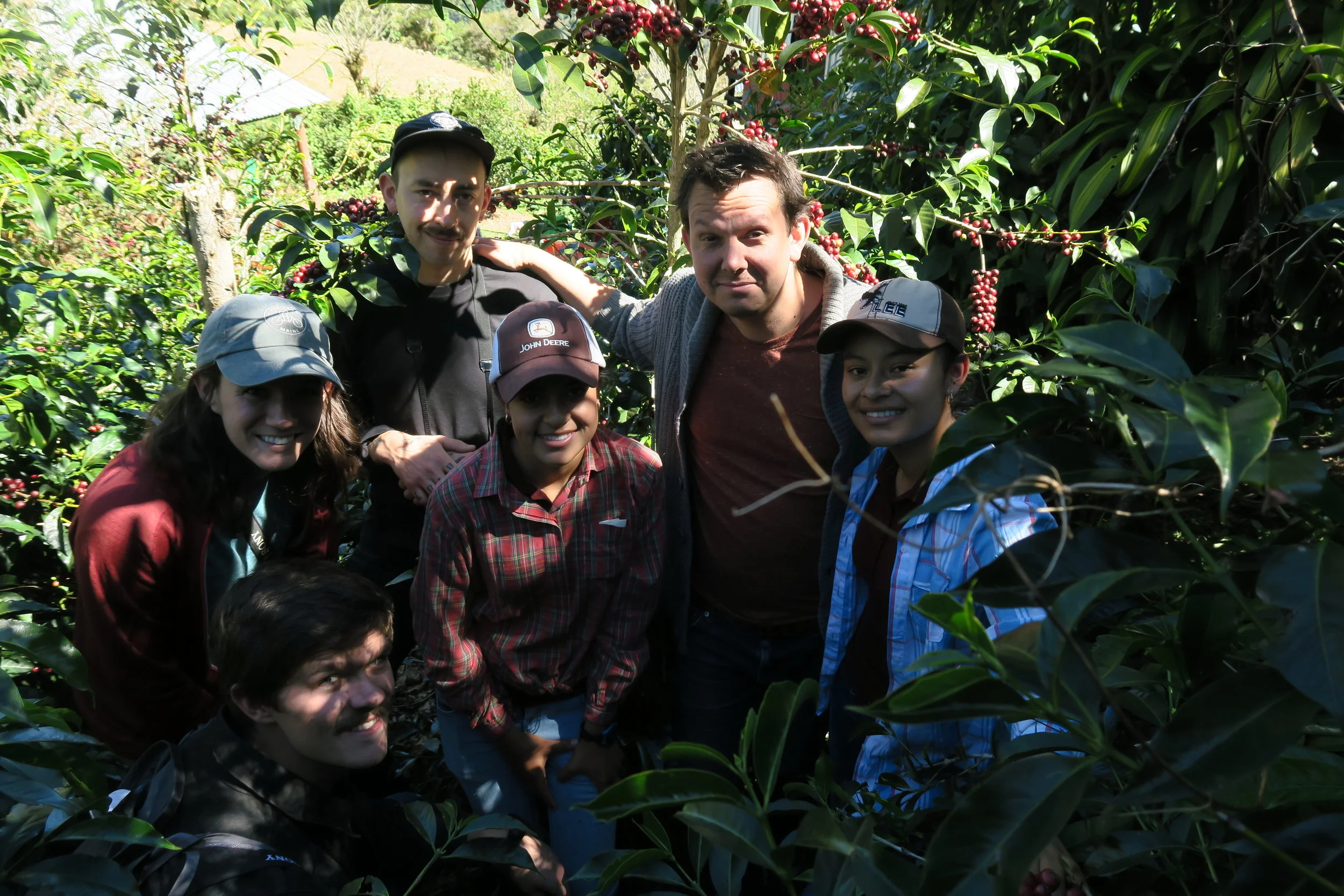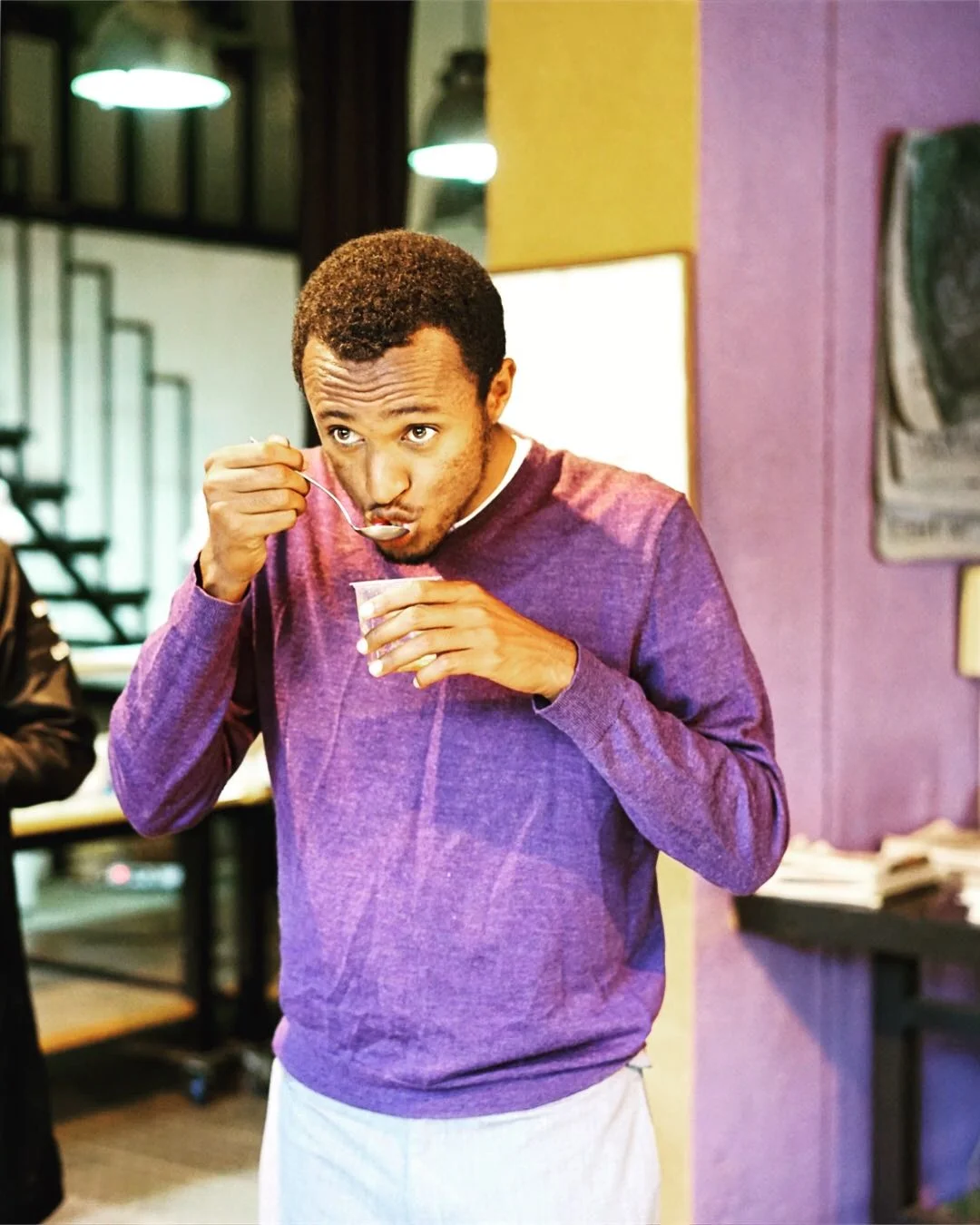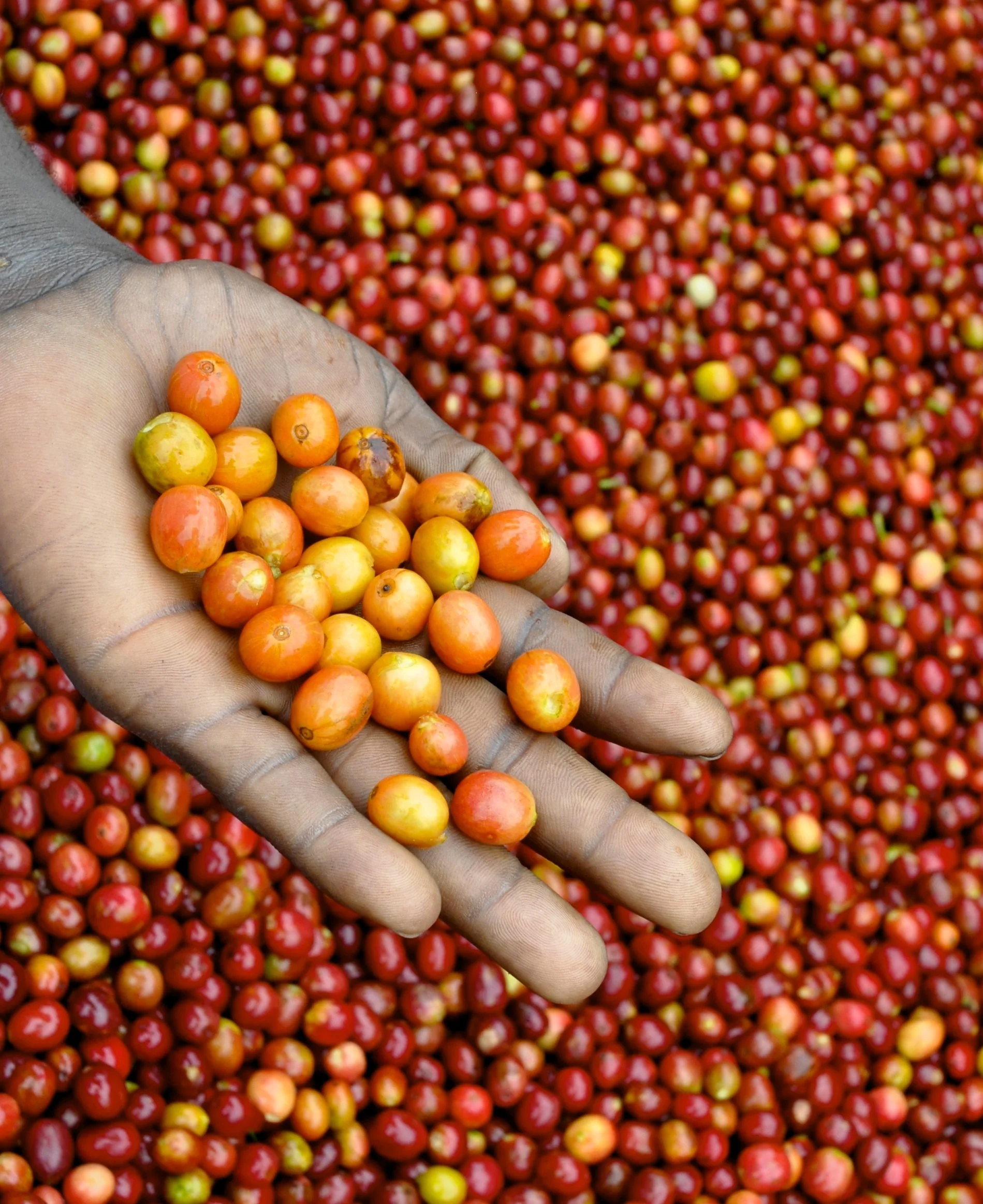We are writing to provide you with a transparent update regarding Collaborative Coffee Source North America's (CCS NA) current operational status.
When we established CCS NA in 2013, we built upon decades of experience in specialty coffee, bringing to North America our commitment to transparent, direct-trade relationships between producers and roasters. Our vision was to create a different kind of sourcing company – one that prioritized collaboration, quality, and equitable compensation throughout the supply chain. Along with other forward-thinking companies of that era, we helped establish new standards for transparency and direct relationships in coffee trading. What began as an alternative approach to coffee importing has since influenced how much of the industry now operates. While this model has contributed to meaningful changes in how specialty coffee is traded, and many of our early innovations have become industry standards, we are now facing significant operational challenges of our own that we need to address openly with you, our trusted partners.
Current Situation:
We can only process orders on strict cash payment terms
All deliveries are contingent upon our finance partners' approval and release
Order fulfillment timelines may be impacted by these constraints
For any pending or new orders, please be aware that:
Payment must be received in advance
Delivery timelines will depend on finance partners approval
We will confirm order status only after securing authorization for the release
We understand this creates additional complexity in your planning and operations. Our team is working diligently to address these challenges, and we commit to providing prompt updates on any changes to this situation. For specific questions about your orders or account, please contact us directly!
Given the gravity of our current circumstances, we strongly urge you to consider securing alternative sourcing arrangements for your immediate needs. While we remain deeply grateful for your trust and support over the years, we must be realistic about our current limitations and the very real possibility that we may not be able to fulfill orders in the manner you have come to expect from us. For those with existing contracted commitments, we earnestly hope you will maintain these agreements as they are crucial to our ability to navigate through this challenging period. We sincerely regret having to share this news and the impact it may have on your business.
Best regards,
CCS North America LLC.

